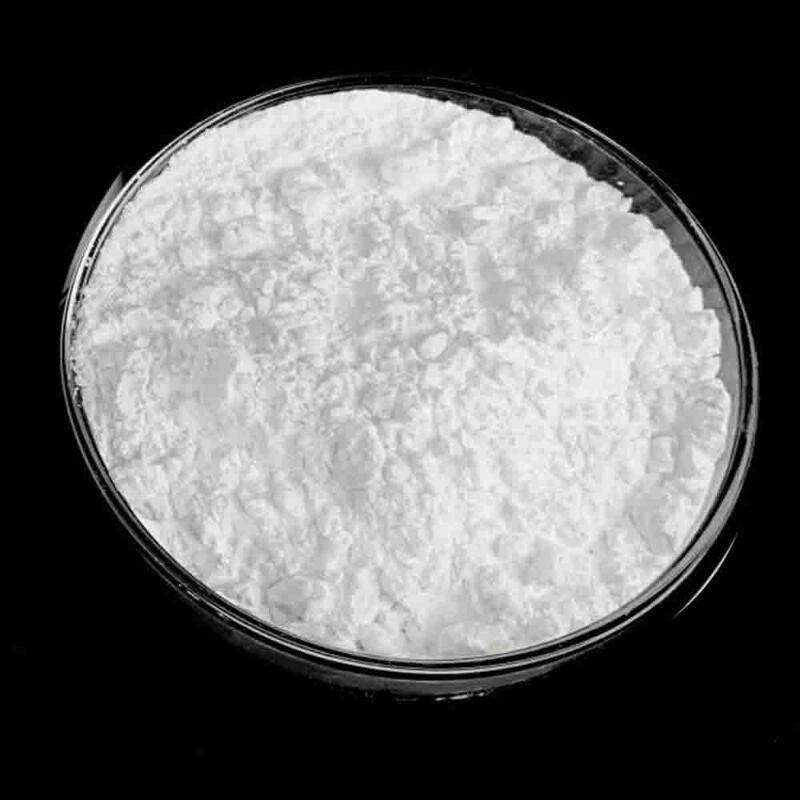-
Categories
-
Pharmaceutical Intermediates
-
Active Pharmaceutical Ingredients
-
Food Additives
- Industrial Coatings
- Agrochemicals
- Dyes and Pigments
- Surfactant
- Flavors and Fragrances
- Chemical Reagents
- Catalyst and Auxiliary
- Natural Products
- Inorganic Chemistry
-
Organic Chemistry
-
Biochemical Engineering
- Analytical Chemistry
-
Cosmetic Ingredient
- Water Treatment Chemical
-
Pharmaceutical Intermediates
Promotion
ECHEMI Mall
Wholesale
Weekly Price
Exhibition
News
-
Trade Service
Daunorubicin hydrochloride is a semisynthetic derivative of the natural product daunomycin, which is obtained from a strain of the soil bacterium Streptomyces coelicolor.
It is commonly used as an antineoplastic agent in the treatment of various types of cancer, particularly acute myeloid leukemia and other hematological malignancies.
In addition to its use in medicine, daunorubicin hydrochloride has also found applications in the chemical industry due to its unique properties and utility in various processes.
One of the most significant applications of daunorubicin hydrochloride in the chemical industry is in the field of polymer chemistry.
It is used as a chain transfer agent in the synthesis of polymers, particularly in the production of acrylic polymers.
Daunorubicin hydrochloride works by polymerizing the monomer in the presence of a catalyst, resulting in the formation of a polymer chain with a defined length.
The use of daunorubicin hydrochloride as chain transfer agent results in the formation of polymers with controlled molecular weight and narrow molecular weight distribution, which can be useful for a variety of applications.
Another application of daunorubicin hydrochloride in the chemical industry is in the field of dyeing and printing.
Daunorubicin hydrochloride is used as an intermediate in the synthesis of certain dyes, such as rose bengal, which is used as a stain for bacteria and as a diagnostic aid in the evaluation of gastrointestinal bleeding.
Daunorubicin hydrochloride is also used in the manufacturing of other dyes, such as rhodamine B, which is used in textile printing and dyeing.
In addition to these applications, daunorubicin hydrochloride is also used in the field of analytical chemistry.
It is used in the analysis of certain metals, such as gold, silver, and platinum, which are often present in very low concentrations.
Daunorubicin hydrochloride is used as a reagent in the electrochemical detection of these metals, which can be useful in a variety of applications, including the determination of trace elements in environmental samples, the analysis of biological fluids, and the detection of contaminants in industrial waste streams.
In conclusion, Daunorubicin hydrochloride has a wide range of applications in various fields of the chemical industry.
Its unique properties and utility in various processes have made it an essential tool in the synthesis of polymers, the dyeing and printing of textiles, and the analysis of certain metals.
Its applications in these fields demonstrate the versatility and usefulness of daunorubicin hydrochloride in the chemical industry and its potential for further development and application.







